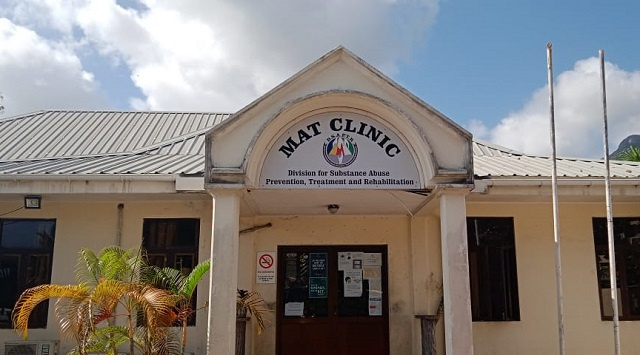Auditor General Flags Major Gaps in Seychelles’ Methadone Programmes

A scathing audit by the Office of the Auditor General has revealed troubling shortcomings in Seychelles’ flagship methadone treatment efforts, raising urgent questions about the effectiveness of the nation’s response to its long-running heroin crisis.
The report, released in January 2025, evaluated the operations of the Low Threshold Methadone Programme (LTMP) and the High Threshold Methadone Maintenance Programme (HTMMP) between 2018 and 2022. Despite millions of rupees in public expenditure and nearly a decade of operation, the findings suggest that the programmes are falling far short of their intended impact.
According to the report, 4,391 heroin users had registered on the two programmes by the end of 2022—an impressive figure that represents roughly 66 percent of Seychelles’ estimated 6,000 to 7,500 heroin users. However, the promise of these numbers quickly fades: only 49 percent of registered users were actively engaged in the programmes.
The most damning figure relates to the HTMMP, which was established to guide users toward abstinence and long-term recovery. The audit revealed that just 7 percent of active users—approximately 160 individuals—were enrolled in this high-threshold programme.
The audit also hinted at deeper structural issues, including inadequate monitoring, lack of consistent case management, and insufficient pathways for reintegration into society.
While the government has repeatedly pledged to prioritise the drug crisis, the findings signal an urgent need to rethink current strategies. With Seychelles continuing to grapple with one of the highest per-capita rates of heroin use in the world, the question remains: how much longer can the country afford to invest in systems that yield so little?
The Auditor General’s report is a wake-up call—and perhaps a call for reform that can no longer be delayed.




